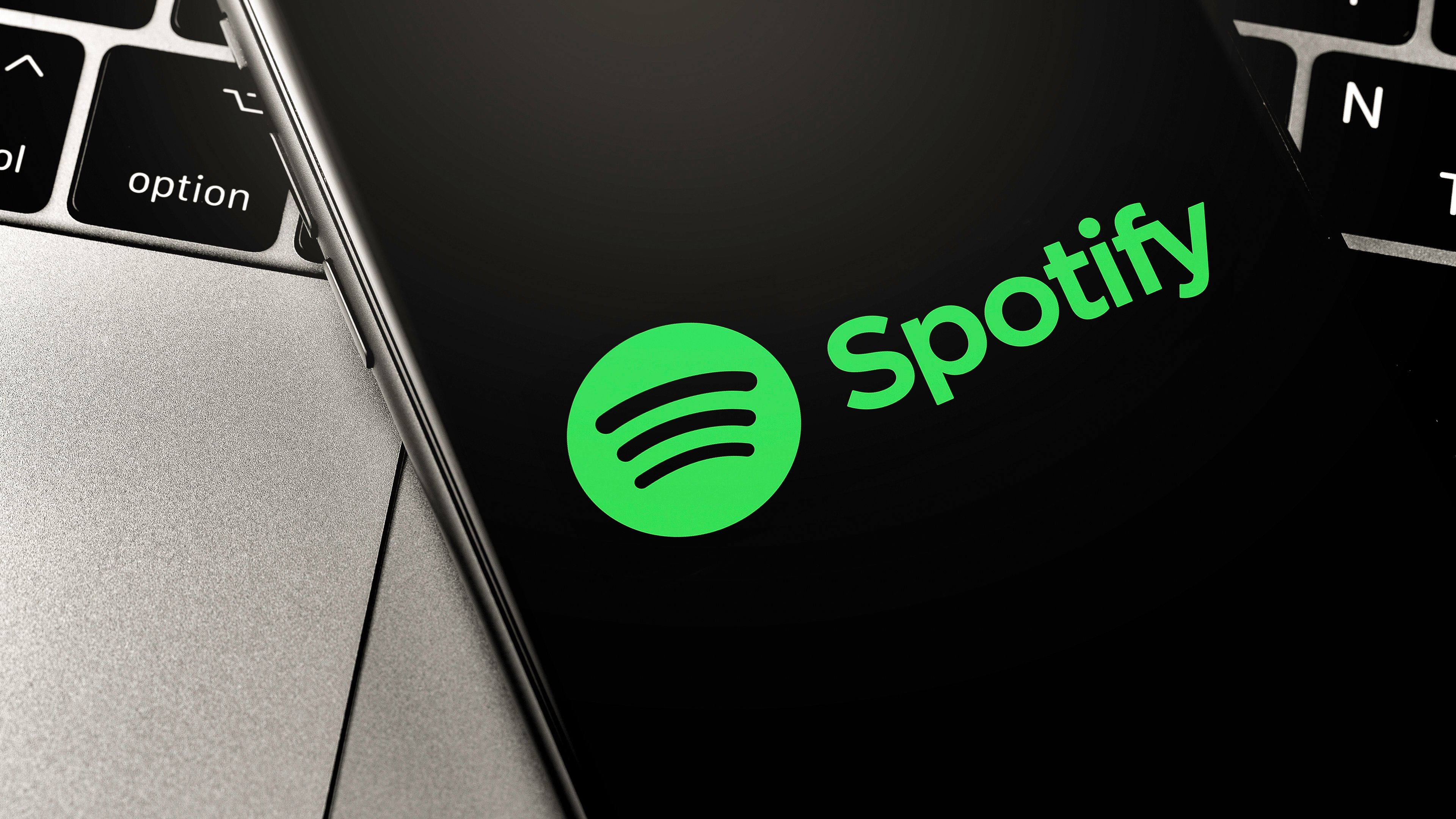
It's that time of the week again - time to pick our winners and losers of the last seven days in the tech industry we live and breathe. It's been a week dominated by Black Friday, but we're swerving the subject for our weekly opinion piece. This week, there was good news for Spotify, and bad news for home workers using Microsoft software.
As ever I'll start with a couple of honourable mentions. Amazon was in the spotlight this week, and not only because of its annual Black Friday celebrations of capitalist consumerism. News broke this week that workers in 15 countries around the world were staging protests to demand the online retailer respect workers' rights to participate in union activity, stop circumventing tax laws, and commit to higher environmental standards, according to the event's organizers. The hashtag #MakeAmazonPay was used.
Meanwhile, over at Google and Facebook things were not so rosy this week as the UK government announced a new tech regulator to limit the US giants' powers. A new dedicated Digital Markets Unit or the Competition and Markets Authority (CMA) has been formed to specifically target the world's largest tech companies.
The business secretary, Alok Sharma, said: "Digital platforms like Google and Facebook make a significant contribution to our economy and play a massive role in our day-to-day lives – but the dominance of just a few big tech companies is leading to less innovation, higher advertising prices and less choice and control for consumers."
Winner of the week: Spotify subscribers soar
Spotify grew its paid subscriber base by 27% in Q3 2020 up to a whopping 144 million. The music streaming service's monthly active users also increased by 29% year-over-year to 320 million. According to the research data analysed and published by Comprar Acciones, the number of Spotify users was only 18 million in Q1 2015. It doubled to 36 million by Q2 2016 and again to 71 million in Q4 2017 before reaching the current figure. In short, people love Spotify, unless they are artists of course!
In Q3 2020, Spotify’s subscription revenue increased by 15% year-over-year to €1.79 billion. Overall revenue was €1.98 billion, marking a 14% year-over-year increase. Ad revenue, on the other hand, grew by 9% year-over-year and 41% quarter-over-quarter to €185 million.
Despite the growth though, Spotify made a loss of €101 million, down from a €241 million profit in Q3 2019. The loss resulted from the fact that Spotify is growing its user base by offering discounted plans. Revenue per user dropped by 10% year-on-year during the quarter to €4.19.
The rise in paid subscribers is likely to result in Spotify further growing its market share. According to reports at the start of the year, Spotify was at the helm of the market with a 35% share. Apple Music was second with 19% while Amazon Music was third with 15%. Together, the three controlled 67% of the market. We'll be eagerly awaiting an update to those numbers come January 2021.
Loser of the week: Microsoft's new 'Productivity Score'
This week, Microsoft announced a new tool for its computer software that will allow employers to track individual employees much more closely. Naturally, this has been dressed up and packaged as something less Nineteen Eighty-Four and more 'positive rewards for productivity'. Microsoft described its new Productivity Score system as "a new service that can help accelerate your digital transformation by providing insights into how your organisation works".
Essentially, the tool will track and analyse activities such as how many times individual employees send emails or use the chat function, whether or not they have their camera on during meetings, and how much work they do after hours, among other things. The tool is available in the Office 365 enterprise plan as an add-on.
Privacy advocates have, understandably, been up in arms at the news. As more and more companies are opening up to allowing staff to work remotely, the idea of collecting this kind of data and using it to rank individual employees against their peers in a sort of league table, does not sit well with those who feel our privacy is already being stripped away from every angle.
Microsoft explains in the video above that its Productivity Score includes insights, peer benchmarks, and actions they can take to help the people in their organisation be more productive. "Pretty exciting stuff," they claim. I think not! The worst thing about this whole saga is that the feature is enabled by default, meaning companies would need to actively opt-out to allow employees to work in peace without being subject to intense tracking.
Showing data on individuals can be turned off, but it's activated *by default*. This normalizes extensive workplace surveillance in a way not seen before.
I don't think employers can legally use it in most EU countries. I'm sure they cannot legally use it in Austria and Germany. pic.twitter.com/V2LiypDMzE
— Wolfie Christl (@WolfieChristl) November 24, 2020
Questions have been raised about the legality of the new Productivity Score tool, too. With researcher, writer, and activist Wolfie Christl writing on Twitter that it is almost certainly illegal in Austria and Germany. Either way, I think it stinks!
Who were your winners and losers of the week just gone? Share your thoughts in below the line.
Read More Open link https://ift.tt/3mw4i0Y
0 Response to "NextPit's winner and loser of the week: Spotify subs spike, Microsoft tracks employees"
Posting Komentar